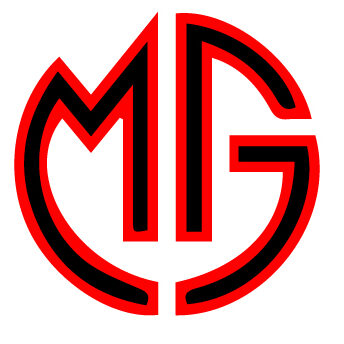Real Madrid entered the 21st century in the midst of an economic crisis. As such, even though club president Lorenzo Sanz had won two Champions League titles, one of them just a few months earlier, he entered the club’s July 2000 elections facing questions about the serious financial situation the club was experiencing.
His challenger for the presidency was a certain Florentino Pérez, a businessman from Madrid who had made himself known to Madridistas five years previously, when he narrowly lost elections against Ramón Mendoza. But, this time Florentino had a plan to better his chances of becoming president at the Estadio Santiago Bernabéu, and it was a plan that caught the attention.
Luis Figo, then the star of FC Barcelona and one of the best players in the world, was Florentino Pérez’s election promise, as he looked to win over Real Madrid members. During his campaign, he assured that, in the event of being elected president of the club, that same summer he would execute the signing of their rivals’ best player. He added that if he failed to do so then he would cover that season’s membership fees for all of the club members himself. That was a promise that logically had an impact on the final result of the vote. Florentino won, and a week later Figo was presented as Real Madrid’s newest player.
Without realising it at the time, Figo became the first of the group of players who ended up being called Los Galácticos. The signing of the Portuguese was followed a year later by that of Zinedine Zidane from Juventus, before Ronaldo Nazário joined from Inter Milan in 2002, after having previously shone at FC Barcelona, and David Beckham was brought in from Manchester United in 2003. Along with existing members of the squad, such as Roberto Carlos and Claude Makélélé, as well as the homegrown players like Iker Casillas, Raúl and Guti, Real Madrid put together a team that changed the paradigm of international football.
Jorge Valdano, the legendary forward who won the World Cup with Argentina in 1986 and who had previously been at Real Madrid as a player and coach, was the sporting director at the time. For him, the most important development during that era of Los Galácticos was not on the pitch, but off it. He explained: “It marked a before and after in the history of football. Florentino Pérez realised that football is a business of heroes, in which the signing of heroes is a strategy and in which that strategy is priceless. It shook up the world and, since then, all clubs have looked to make an impact via the market in a similar way to what Real Madrid did back then.”
The sporting results arrived too. Real Madrid, who hadn’t won the LaLiga Santander title since 1996/97, managed to lift the championship trophy again in 2000/01, the first season with Florentino Pérez at the helm, and again in 2002/03, both with Vicente del Bosque as coach. In addition, they also managed to lift the club’s ninth Champions League trophy, secured with Zidane’s iconic volley in the Glasgow final against Bayer Leverkusen in 2002.
For Valdano, that was the high point of the Galácticos generation. He reflected: “We were still only halfway there, as only Figo and Zidane had arrived, but the European Cup in Glasgow probably represented the culmination of that project.”
Even after the arrival of the first group of Los Galácticos, several other great players were signed by Real Madrid, such as recent Ballon d’Or winner Michael Owen from Liverpool, a very young Sergio Ramos from Sevilla FC or the Brazilian Júlio Baptista, who also left Sevilla FC for the Estadio Santiago Bernabéu.
Despite this, after winning the Spanish Super Cup in 2003, Real Madrid again entered a period of crisis, but this time a sporting one. Vicente del Bosque was let go and Carlos Queiroz was hired but was unable to get the team back to winning ways. Even though it was a squad full of stars, the pieces didn’t always work together.
Across the 2003/04, 2004/05 and 2005/06 seasons, Los Blancos failed to win LaLiga Santander, the Copa del Rey or the Champions League, leading Florentino Pérez to take the decision to resign two years after his re-election.
That marked the end of Florentino Pérez’s first stint at the helm of Real Madrid. The businessman did, however, return as president in 2009, and the aura of Los Galácticos returned with him, as several stars arrived that summer, such as Kaká, Cristiano Ronaldo and Karim Benzema, among others.


